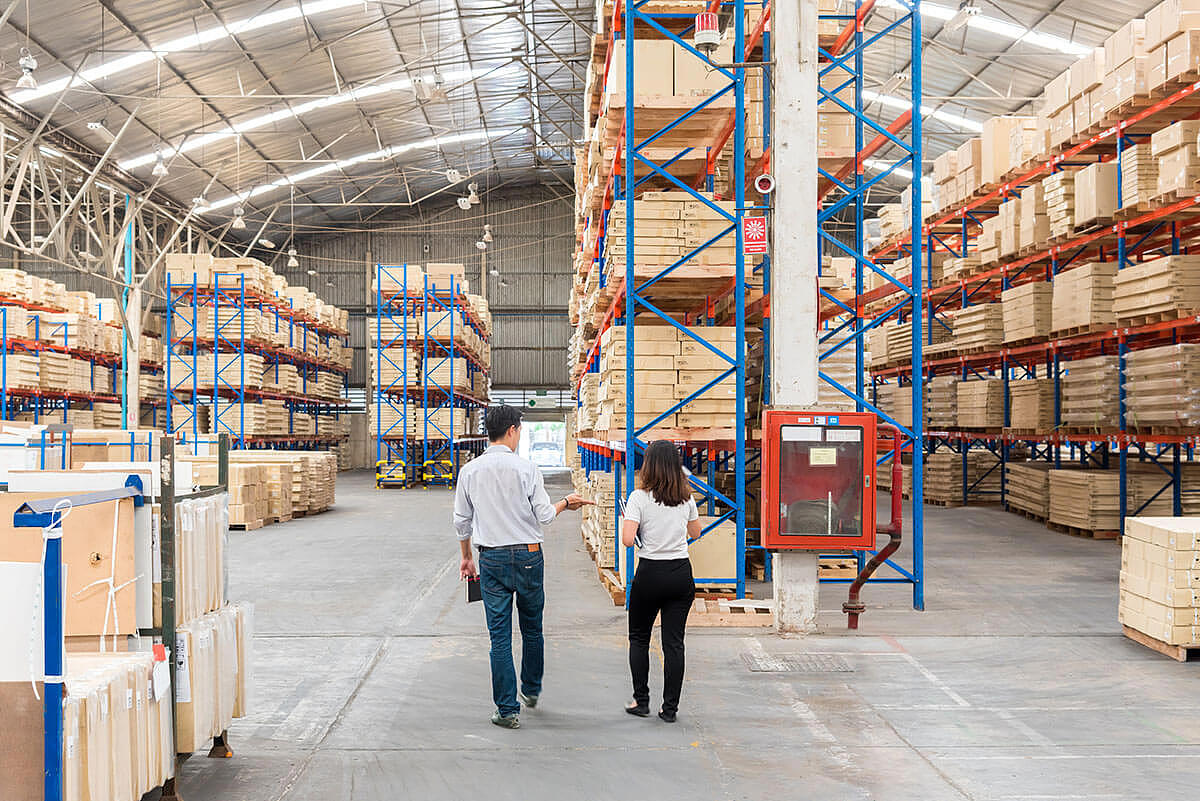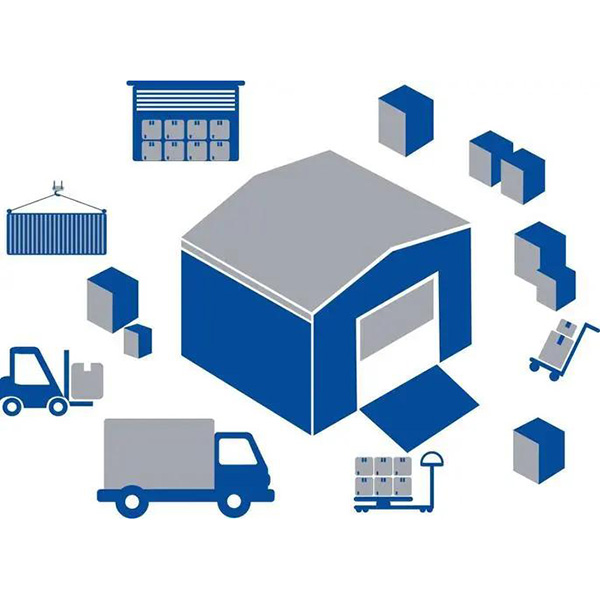
In the fast-paced world of international trade, efficient warehousing and logistics play a crucial role in ensuring timely delivery of goods to their destinations. This is where the foreign trade warehouse comes in - a specialized storage facility that provides an integrated solution for importing, exporting, and storing goods.
One of the key features of a foreign trade warehouse is its size. These facilities are typically larger than regular warehouses, with an average floor space of 2000 square meters or more. This allows them to accommodate large quantities of goods and handle the loading and unloading of containers.
Effective warehousing in a foreign trade facility requires careful planning and organization. Goods need to be stored in a way that maximizes the available space while allowing for easy retrieval and handling. This is achieved through the use of pallets, racking systems, and other specialized storage equipment.
In addition to storage, foreign trade warehouses also offer value-added services such as packaging, labeling, and quality control. This helps to streamline the logistics process and ensure that goods are prepared for shipping in the most efficient manner possible.
Another important aspect of foreign trade warehousing is the handling of customs clearance and documentation. This can be a complex and time-consuming process, but a well-managed warehouse will have the necessary expertise and software systems in place to ensure that all necessary permits and paperwork are in order.


Efficient logistics is essential in foreign trade, and the location of the warehouse itself plays a crucial role in this regard. Ideally, a foreign trade warehouse should be located close to major ports or transportation hubs, allowing for seamless transfer of goods between different modes of transport.
In order to maximize efficiency, many foreign trade warehouses now also incorporate advanced technology solutions such as RFID tracking, automated storage and retrieval systems, and real-time inventory management software. These tools help to streamline operations and minimize the risk of errors or delays in the logistics chain.
Overall, the importance of foreign trade warehouses in the modern economy cannot be overstated. By providing a complete storage and logistics solution for importers and exporters, these facilities help to ensure that goods are delivered to global markets in an efficient and timely manner. Whether you are involved in e-commerce, manufacturing, or any other industry that relies on international trade, a well-managed foreign trade warehouse can help to streamline your operations and boost your bottom line.
